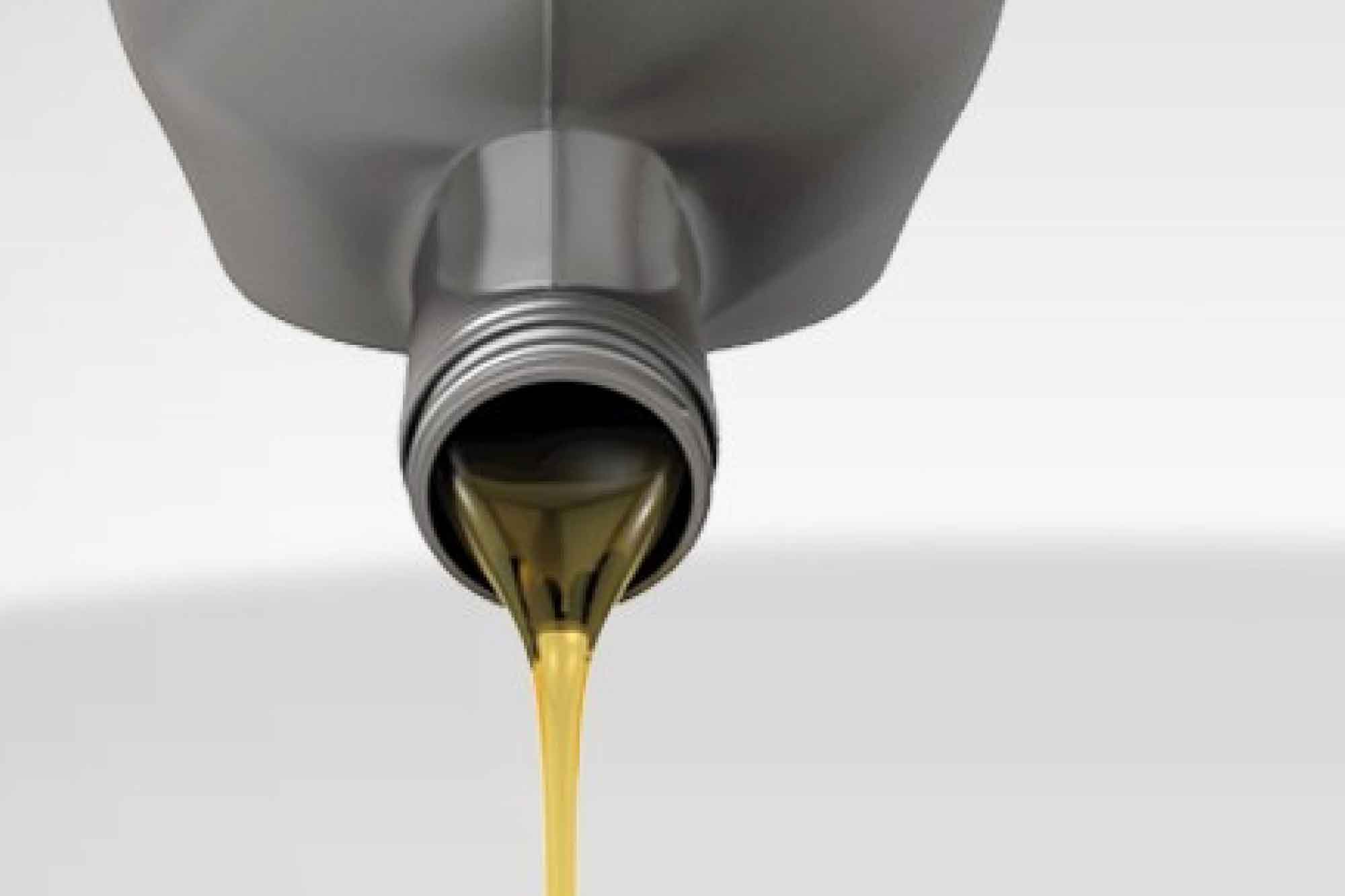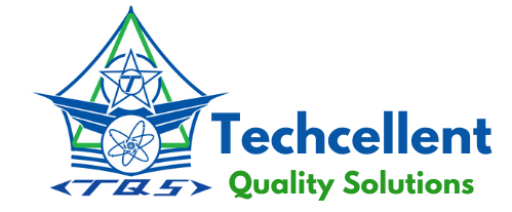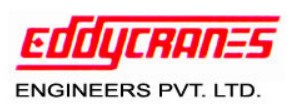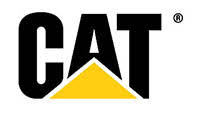Synthetic lubricants: a smart investment
By Edit Team | December 23, 2014 7:04 am SHARE

Keeping in mind, the benefits offered by synthetic lubricants, time has come to know more about the same including their types, applications and market demand etc.
India has strong demand for lubricants consumption with growing opportunities in the future. Lubricant technology is driven by evolution in equipment hardware design, legislation changes, emerging customer needs and market competitive considerations such as cost, return on investment etc.
Different models of equipment will require different types of advance technology lubricants as stress factor will vary from model to model. The demand from OEMs and end customers for better quality lubricants leads to technology developments, especially in the area of synthetic lubricants. Shell is well placed to introduce the next generation of lubricants.
Synthetic lubricants
Synthetic lubricants are becoming more popular and are increasingly used widely worldwide. Higher fuel costs, lower cycle times and stricter emission norms make OEMs, lubricant suppliers and end-users to find ways to improve lubricants performance to meet these emerging requirements.
Shell synthetic lubricants are formulated to provide ultimate component protection, fuel economy and long-life operation, faster cycle times for most of the equipment. Shell has a wide portfolio of synthetic lubricants for automotive and industrial applications and its technical advisors work closely with customers for offering solutions to their needs.
The main objective to develop synthetic lubricants is to safeguard capital investment by protecting customer’s equipment from wear and corrosion even under the most severe conditions, whether it is application of Shell synthetic greases for protecting heavily loaded bearings in the high-temperature or wet conditions of plants/equipment or Shell synthetic gear oils for wind turbines operating in remote locations where equipment durability and reliability of operations are critical.
Synthetic oil
Synthetic oil is a lubricant consisting of chemical compounds that are artificially made (synthesised). It is used as a substitute for lubricant refined from petroleum when operating in extremes of temperature because in general, it provides superior mechanical and chemical properties than those found in traditional mineral oils.
Synthetic oils have high viscosity index which means less change in viscosity with temperature. It also has lower coefficient of friction which helps to maximise both volumetric and mechanical efficiencies in an application. Hence, synthetic lubricants are a smart investment.
Selection and types
The selection of right type of synthetic oil is essential carefully considering the application and OEM recommendation. It depends on key criteria of selection, such as extended drain interval, component durability, energy efficiency, fuel economy, high loads, high temperatures etc. Other factors like OEM recommendations, low temperature performance, volatility, bio degradability etc are also considered important.
There are many types of synthetic oils. Some of the most popular fluids are Poly Alfa Olefins (PAO), Polyisobutylenes (PIBs), esters, Polyalkylene glycols (PAGs), silicones, alkyl benzenes, alkylated napthalenes and fluorinated polyethers. Besides PAO, other synthetics are not compatible with conventional mineral oils. Hence extreme caution needs to be exercised.
Besides these synthetic fluids, GTL (Gas to Liquid) technology has been rapidly picking up as well. Currently Shell has the capacity of GTL production globally with over140,000 bbl/day.
Shell offers range of synthetic lubricants for variety of automotive and industrial applications backed by thousands of OEM approvals and demonstrated value records. The company’s technical advisors can assist customers to choose the most appropriate type of synthetic lubricant depending on the type of application.
Advantages
One of the major advantages of synthetic oil over mineral-based motor oil is its greater lifespan. In most types of engines and under any driving conditions, synthetic oil has potentially less frequent recommended change intervals than traditional motor oil under similar circumstances. By being both more chemically stable and containing no undesirable impurities, synthetic oil causes fewer problems.
Synthetic lubricants can add value to customer operation in terms of energy efficiency and maintenance costs which can help to:
• Reduce lubricant consumption with extended life products
• Deliver fuel savings with synthetic technology oils
• Extend filter-cleaning intervals with low-SAPS products
• Long oil and grease life
• Helps in reducing environmental foot print
• Greater life-span
• Better protection of components at varied temperatures
• Better lubricity, oxidation and thermal stability
• Extended oil drain intervals
Market demand in India
The total demand for synthetic oil is mainly is in consumer segment and industrial sectors. In consumer segment, it is 100 per cent for high end cars and bikes and about 2-3 per cent for standard cars and two wheelers. Total demand of synthetic lubricants is about 10 million litres annually for consumer segments. The industrial sector synthetic oil demand is about 0.8-1 per cent of total lubricant demands totalling synthetic requirement which is close to 8 million litres. Among Industrial sectors power sector is having a maximum demand for synthetic lubricants, especially for wind turbine, turbine governing system and gas turbine applications.
While it is estimated that the current consumption of synthetic lubricants is about 6 per cent of the global lubricants consumption, it is expected to be about 10 per cent by 2020. Reduction in Total Cost of Ownership (TCO) should be the overall driver for recommending synthetic oils for an application.
Authored by-
Akhil Jha,
Vice President – Technical,
Shell India Markets Pvt. Ltd.
Cookie Consent
We use cookies to personalize your experience. By continuing to visit this website you agree to our Terms & Conditions, Privacy Policy and Cookie Policy.





















































